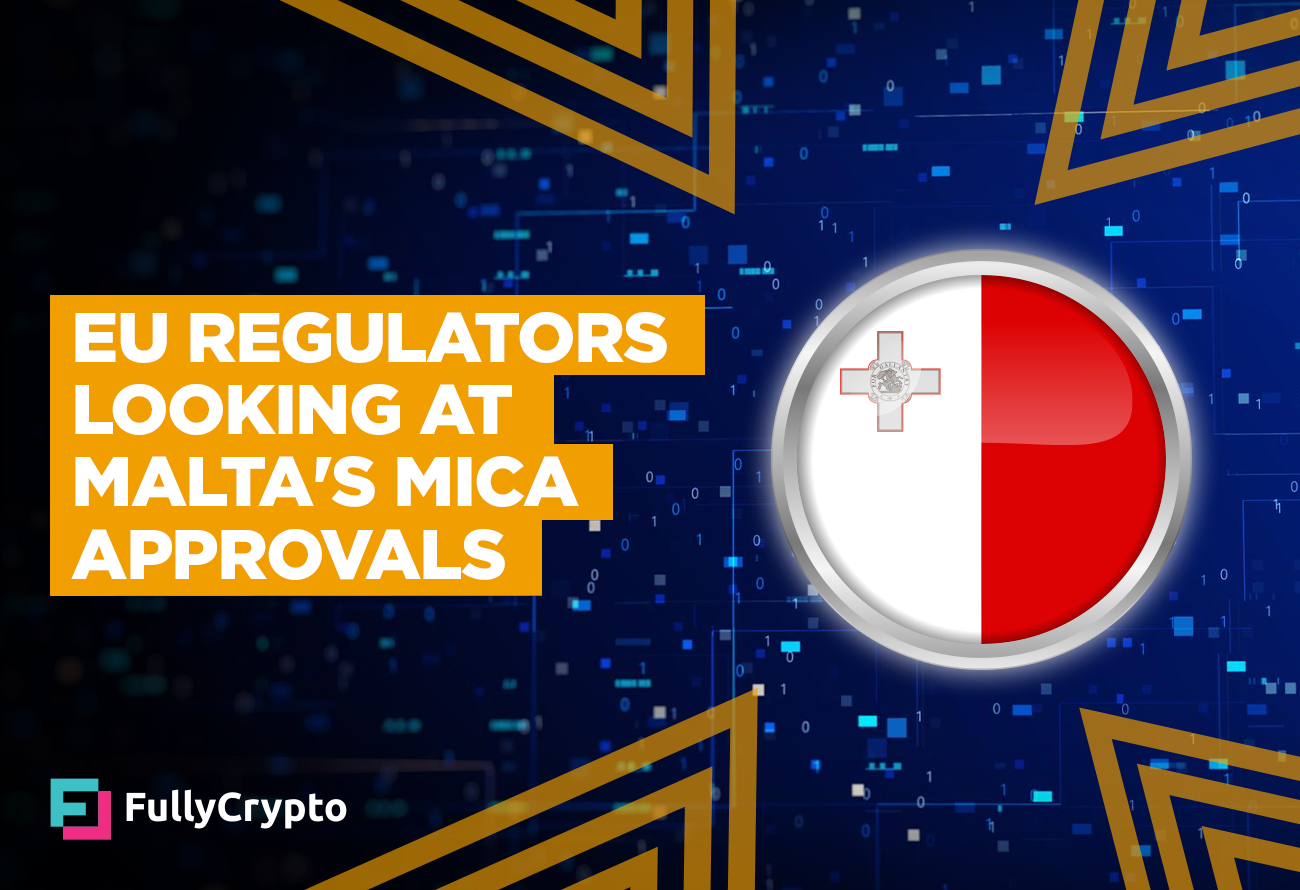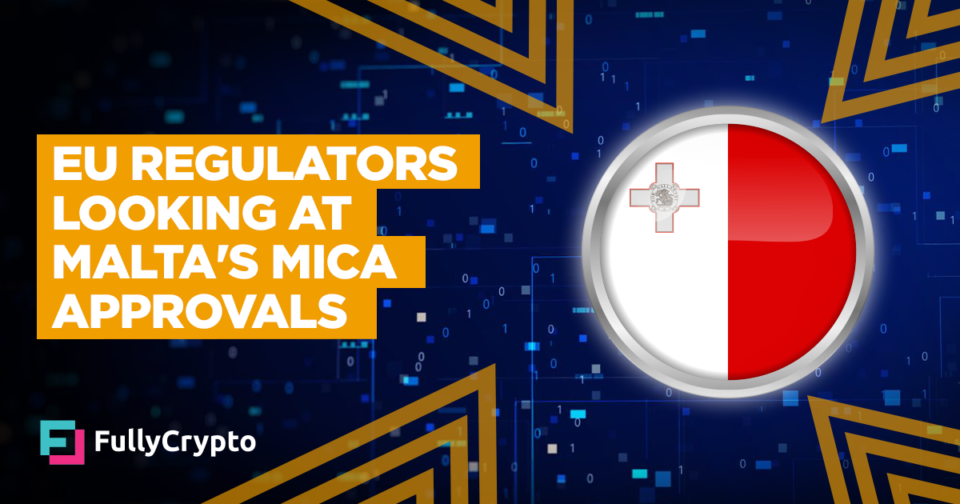
Studying Time: 2 minutes
- EU officials get raised concerns over Malta’s early Markets in Crypto-Sources (MiCA) licensing approvals
- The European Securities and Markets Authority has begun assessing Malta’s compliance with MiCA standards
- Questions get emerged about whether or not Malta’s strategies construct unfair advantages for crypto firms seeking EU-wide obtain admission to
European regulators are re-examining Malta’s initial wave of crypto licenses below the EU’s original Markets in Crypto-Sources (MiCA) framework, amid concerns that the nation’s fleet-tracked approach may give firms a backdoor into the broader European market. The European Securities and Markets Authority (ESMA) is assessing whether or not Malta’s regime aligns with each and every the letter and spirit of the law, as fears develop that inconsistent enforcement may undermine MiCA’s arrangement of sturdy, bloc-wide oversight. If Malta’s licensing is seen as overly lenient, it may allow crypto firms to sidestep more difficult jurisdictions by securing approval there and passporting their license across the EU. The episode has reignited concerns about regulatory arbitrage and solid doubt on the integrity of MiCA’s single-market vision.
Considerations Over “Gateway” Licensing
Malta, long known for its crypto-pleasant stance, became the principle EU nation to commence granting MiCA-compliant licenses, awarding one to commerce OKX in January. While the switch has been praised by some in the commerce for providing regulatory clarity, others effort that Malta’s requirements aren’t as strenuous as those of alternative countries, that manner it may jam a precedent for regulatory arbitrage all the very top intention thru the bloc.
In accordance with officials conversant in the overview, ESMA is specifically thinking about whether or not Malta’s licensing standards are rigorous ample to meet MiCA’s investor protection and anti-money laundering requirements. If a firm receives approval in Malta, it may passport its license to characteristic across the EU, which raises the stakes for the approach those initial licenses are granted.
“Mosey to the Backside” Fears
Industry observers get warned that if Malta is perceived as providing a softer direction to compliance, it may trigger a “flee to the bottom” amongst smaller EU jurisdictions desperate to attract crypto commerce. Others, alternatively, defend Malta’s space. “We’ve merely been faster to behave on a law that’s now EU law,” acknowledged a consultant from Malta’s Financial Products and services Authority.
Malta’s approach may furthermore honest change into a litmus test for the approach MiCA can be implemented and enforced across the EU. As the law takes chunky slay by the slay of 2025, consistency amongst nationwide regulators can be serious. If Malta’s licensing route of is seen as lax, it may undermine MiCA’s arrangement of growing a unified crypto regulatory framework.


